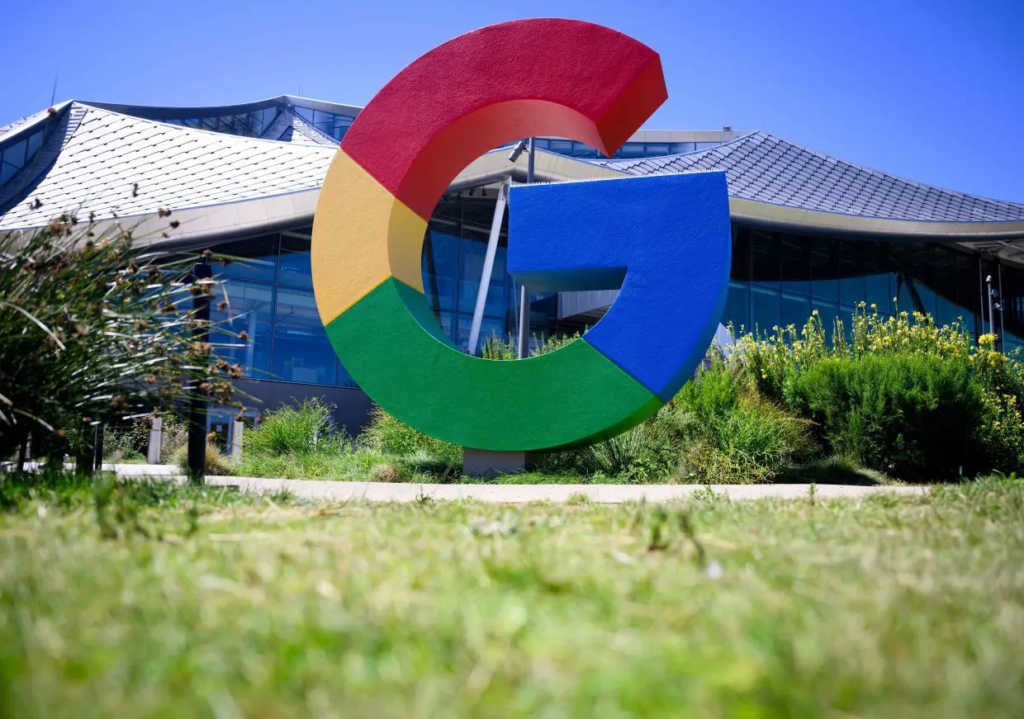The United States Department of Justice (DOJ) is pushing for a monumental move in the antitrust domain, targeting one of the most dominant players in the tech industry: Google. In a historic legal challenge, the DOJ is set to ask a judge to compel Google’s parent company, Alphabet Inc., to sell off its Chrome browser.
This case highlights concerns over it’s monopolistic practices in the search and artificial intelligence (AI) markets, with far-reaching implications for technology, business, and consumer rights.
The Antitrust Case Against Google
The case against company dates back to the Trump administration, continuing into President Joe Biden’s tenure, underscoring bipartisan concern over the company’s market dominance. In August, Judge Amit Mehta ruled that Google illegally monopolized the search market, setting the stage for further legal actions.
Chrome browser, with a staggering 61% market share in the United States, is central to these proceedings. Chrome serves as a pivotal tool in Google’s ad business, allowing the company to monitor user activity and target them with personalized promotions.
Read : ‘How to Move to Canada’ Searches Increase After Trump’s Win
This integration of Chrome with Google’s flagship AI product, Gemini, and its “AI Overviews” feature has intensified concerns. Publishers claim that these AI-driven summaries divert traffic away from original websites, reducing ad revenue and potentially harming online content ecosystems.
Read : Google’s Strategic Shift: The Layoff of the Python Team and Its Implications
The DOJ’s proposal includes measures to impose data licensing requirements on Google, ensuring fairer competition in the market. These requirements aim to prevent the company from leveraging its control over user data to maintain an unfair advantage in AI and search technologies.
Implications for Chrome and AI Markets
The potential divestiture of Chrome could reshape the online search and AI markets, introducing significant challenges and opportunities for competitors and consumers alike. If Judge Mehta accepts the DOJ’s proposal, it would mark a pivotal shift in the tech landscape.
Chrome has been a cornerstone of Google’s ecosystem, connecting users to its various services, including Gmail, Google Drive, and YouTube. Its integration with AI tools, such as Gemini, has allowed it to maintain a competitive edge. A forced sale would dismantle this synergy, possibly affecting user experience and reducing Google’s capacity for innovation in AI.

A divestiture could level the playing field for competitors like Microsoft Edge, Mozilla Firefox, and Apple’s Safari. These browsers might gain market share, enabling greater diversity in the browsing market and encouraging innovation.
Critics argue that breaking up company’s operations could lead to higher costs for consumers and developers, potentially slowing technological progress. However, proponents believe that a less monopolized market would foster competition, resulting in better services and data privacy for users.
A Historic Crackdown on Big Tech
This case represents the most aggressive antitrust action since the DOJ’s failed attempt to break up Microsoft in the early 2000s. While that effort fell short, it had lasting effects on the tech industry, promoting regulatory scrutiny and curbing monopolistic practices.
The decision to focus on Chrome, rather than Google’s Android operating system, reflects a strategic shift. Android, although dominant, faces competition from Apple’s iOS. Chrome, however, enjoys a near-unassailable position in the browser market, making it a more immediate concern for regulators.
Response has been one of staunch opposition. Lee-Anne Mulholland, Google’s vice president of regulatory affairs, criticized the DOJ’s actions as overreaching, arguing that the government’s proposals would harm consumers, developers, and American technological leadership.

The stakes are high for both Google and the DOJ. A forced divestiture of Chrome would signal a new era in antitrust enforcement, demonstrating that no company is immune to regulation. It could also serve as a precedent for addressing monopolistic practices in emerging technologies, such as AI.
The DOJ’s push to compel Alphabet to sell its Chrome browser is a bold move with potentially transformative consequences for the tech industry. By targeting one of Google’s most powerful assets, regulators aim to restore competition and address growing concerns over data privacy and AI-driven market manipulation.
If successful, this case could redefine the balance of power in the digital economy, ushering in a more competitive and equitable landscape. Whether this historic crackdown will achieve its intended outcomes or face the same fate as past antitrust efforts remains to be seen.

